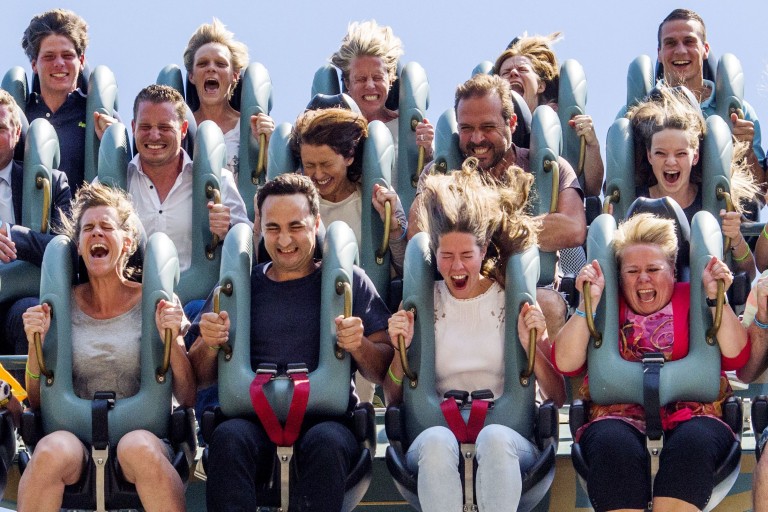- Home
- Research
- Professorships
- leisure and tourism experiences
- Measuring Emotions & Experiences

Measuring Emotions & Experiences
The leisure industry is an economy of experiences. As a leisure or tourism organisation, the goal is to create memorable experiences that visitors will want to share with friends or relive. A memorable experience is crucial for repeat visits and word-of-mouth promotion.
What was the goal of this research?
The goal of this PhD research was to explore how emotions contribute to the memorability of experiences. The research aimed to identify the patterns of emotions that influence how people remember experiences and understand the specific role emotions play in making an experience memorable.
What method was employed?
The research utilised state-of-the-art methods from the Experience Lab to measure emotions during leisure experiences. Techniques such as brain research (EEG) and skin conductance were employed to capture the flux of emotions - ranging from strong to weak - experienced during activities like holidays, visits to attraction parks, or museum tours. These advanced methods allowed for precise measurement and analysis of emotional responses.
What findings did we uncover?
The research found that the flux of emotions experienced during leisure activities significantly contributes to the memorability of those experiences. Strong emotional responses were linked to more vivid and lasting memories, while experiences with little emotional impact were more likely to be forgotten. By understanding these emotional patterns, leisure and tourism organisations can design experiences that evoke stronger emotions, thereby enhancing memorability and encouraging visitors to share and repeat their experiences.
Who is our main collaborating partner?
Tilburg University
Interested in this project or other publications?
BUas uses Pure for all research publications; the up-to-date overview of all BUas knowledge output.